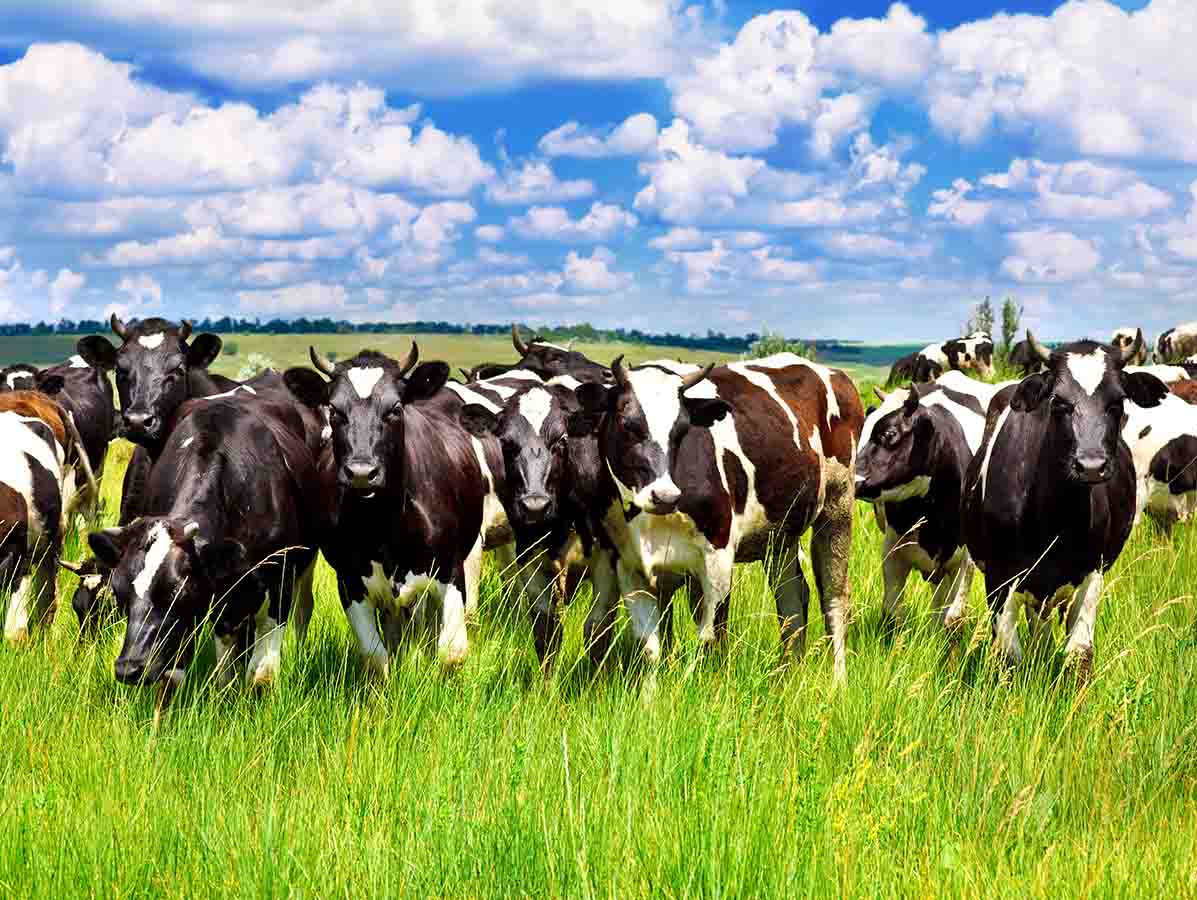
The Dutch dairy industry is committed to significantly reducing its CO2 emissions by 2030. A recent report by KWA bedrijfsadviseurs indicates that the sector is well on its way to meeting its reduction targets. The findings show that the planned measures will enable the dairy industry to make a substantial contribution to the national CO2 reduction goals.
The report outlines a theoretical CO2 reduction trajectory for the dairy industry, based on updated targets and relevant European and national regulations. This trajectory focuses on scope 1 emissions, mainly from natural gas combustion in dairy factories. The energy-saving plans of the dairy factories have been compared with this theoretical trajectory. The comparison reveals that by 2030, the factories will be aligned with the reduction targets. This confirms that the sector is on track to contribute to the national climate objectives.
Despite the positive outlook, dairy factories face significant challenges. The main measures for CO2 reduction involve process heat and electrification. These, however, require adequate infrastructure for alternative fuels such as green electricity. Additionally, permits are needed for laying new cables and converting factories, which involves complex procedures. Moreover, these measures incur high costs, and it remains uncertain whether subsidies will be sufficient to cover the unprofitable top.
The Dutch dairy industry is renowned worldwide for its quality and innovation. The Netherlands also receives considerable attention in the field of sustainability. Various dairy companies share their experiences and initiatives to reduce their ecological footprint. These stories provide insight into the steps being taken within dairy factories to ensure a sustainable future.
Source: NZO